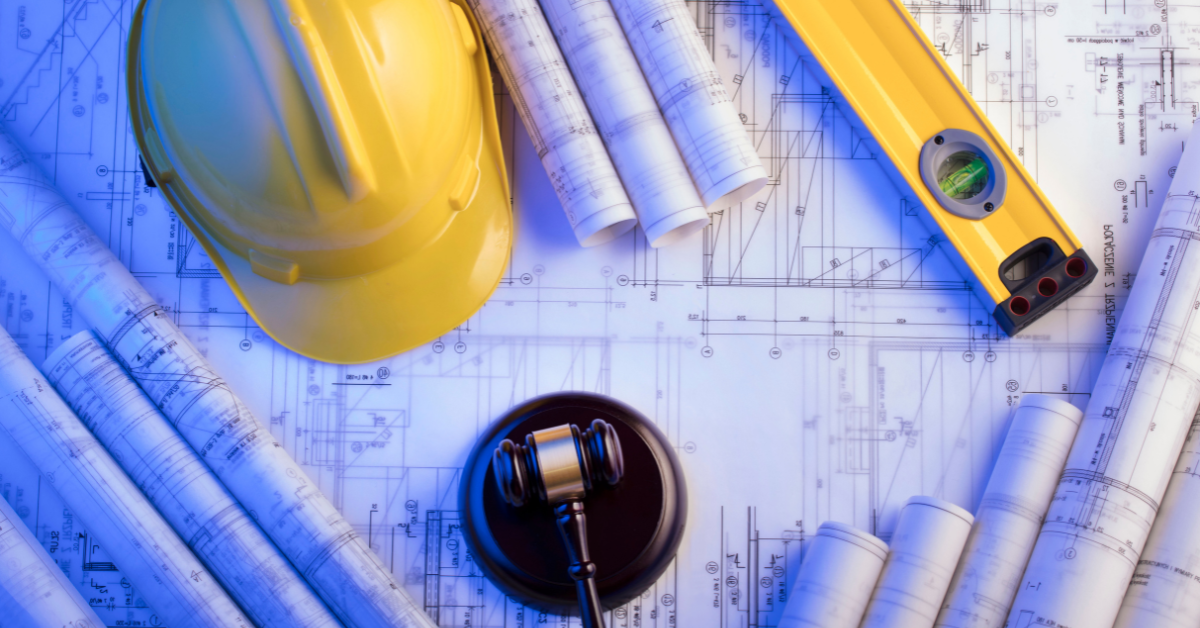Fearlessly Moving You Forward

The firm will provide U.S. corporate law and lobbying services to European companies engaged in international business Milan, April 28,...
Read More
Becker is proud to share that Shareholder Yolanda Cash Jackson has been named one of the 50 most accomplished leaders...
Read More
For homeowners associations in Florida, construction defects are more than just an inconvenience—they can threaten property values, create unsafe living...
Read More
News of a “condo blacklist” is making waves across South Florida, particularly among condo owners. America’s most prominent mortgage firm,...
Read More
Social Feed

#Becker is proud to announce the launch of our new European hub in Milan...
View on Facebook
Big congrats to KindDesigns for securing a game-changing grant through t...
View on Facebook
“Ability is what you're capable of doing. Motivation determines wha...
View on Facebook
Big congrats to our client, a national broker-dealer, on a huge win! Wit...
View on Facebook
This week’s Palm Beach Condo & HOA Expo was a tremendous success! #B...
View on Facebook
Happy Admin Professionals Day! Today, #Becker celebrates the tireless pr...
View on Facebook
On Earth Day, let’s take a moment to appreciate the beauty of our planet...
View on Facebook
Congratulations to Perry M. Adair, Kenneth Direktor, Omar Franco, and Wi...
View on Facebook
“Hope is the power that gives a person the confidence to step out and tr...
View on Facebook
Wishing you a joyful and blessed Easter from all of us at #Becker! 🌷🐣 Ma...
View on Facebook




